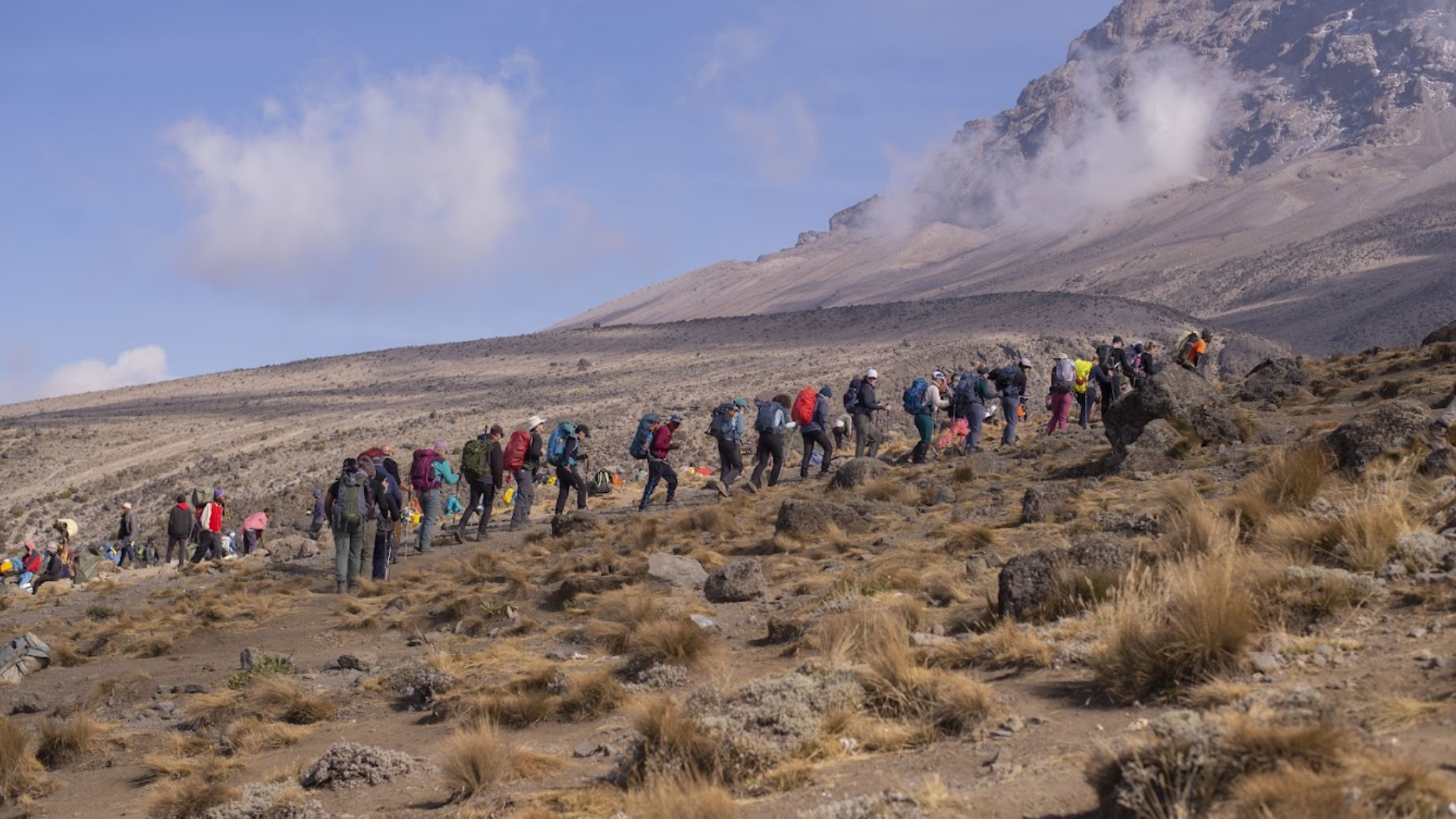If you’re dreaming of climbing Kilimanjaro, the question of how long the journey takes is likely on your mind. The duration of your climb depends on various factors, but let’s break it down to help you plan your ascent effectively.
Timeframe for Climbing Kilimanjaro
The time it takes to climb Mount Kilimanjaro varies based on the route you choose and your acclimatization process. On the longer routes, the journey to the summit, Uhuru Peak, and the descent to the finishing point can span from five to nine days. Spending more days on the mountain enhances your chances of summiting successfully and reduces fatigue.
It’s important to note that trekkers who opt for a shorter 5-day climb tend to have the lowest success rate, while those who allocate 8 or 9 days have significantly higher odds of reaching the Roof of Africa.
Factors Influencing Duration
- Acclimatization: How well your body adjusts to the altitude significantly affects your climb’s duration. Gradually adapting to the lower oxygen levels is essential to prevent altitude-related issues.
- Ascent Rate: According to the Wilderness Medical Society, controlling the rate of ascent is crucial for preventing altitude illness. A steady pace allows your body to acclimatize effectively.
- Route Choice: There are six different routes to Kilimanjaro’s summit. The shortest options, like Marangu and Umbwe, can be completed in 5 days, while the longer treks, such as Lemosho, Machame, Rongai, or Northern Circuit, span 6-10 days.
- Physical Fitness: While fitness makes the trek easier, it doesn’t guarantee better acclimatization. Even fit individuals need time to adapt to altitude.
- Descent Duration: Descending from Uhuru Peak to the finish point usually takes about two days. The descent varies from 4 to 6 hours, depending on the route and your experience.
Choosing the Right Duration for Climbing Kilimanjaro
Selecting a longer route provides the essential advantage of proper acclimatization, increasing your summit success rate. It also reduces the risk of fatigue and injuries. Longer treks like Lemosho, Machame, Rongai, or Northern Circuit allow your body to adjust gradually, enhancing your enjoyment of the journey and safety.
It’s worth noting that elite athletes have set impressive records for summiting Mount Kilimanjaro. For instance, Karl Egloff from Switzerland holds the record at 4 hours and 56 minutes. Therefore showcasing what remarkable feat elite climbers can achieve!
In conclusion, while it’s possible to complete Kilimanjaro’s ascent in 5 or 6 days, choosing a longer route enhances your safety and chances of success. Carefully considering factors like acclimatization, physical fitness, and route choice will help you make an informed decision and fully embrace this extraordinary adventure.
If you liked our blog post Climbing Kilimanjaro: Understanding Timeframes and Routes, you might also like to read Kilimanjaro: Do I Need Supplemental Oxygen to Climb?.









Comment (0)